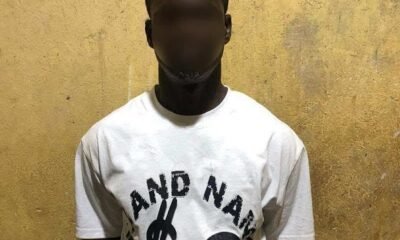News
DDEP saved Ghana about $12bn – Amin Adam
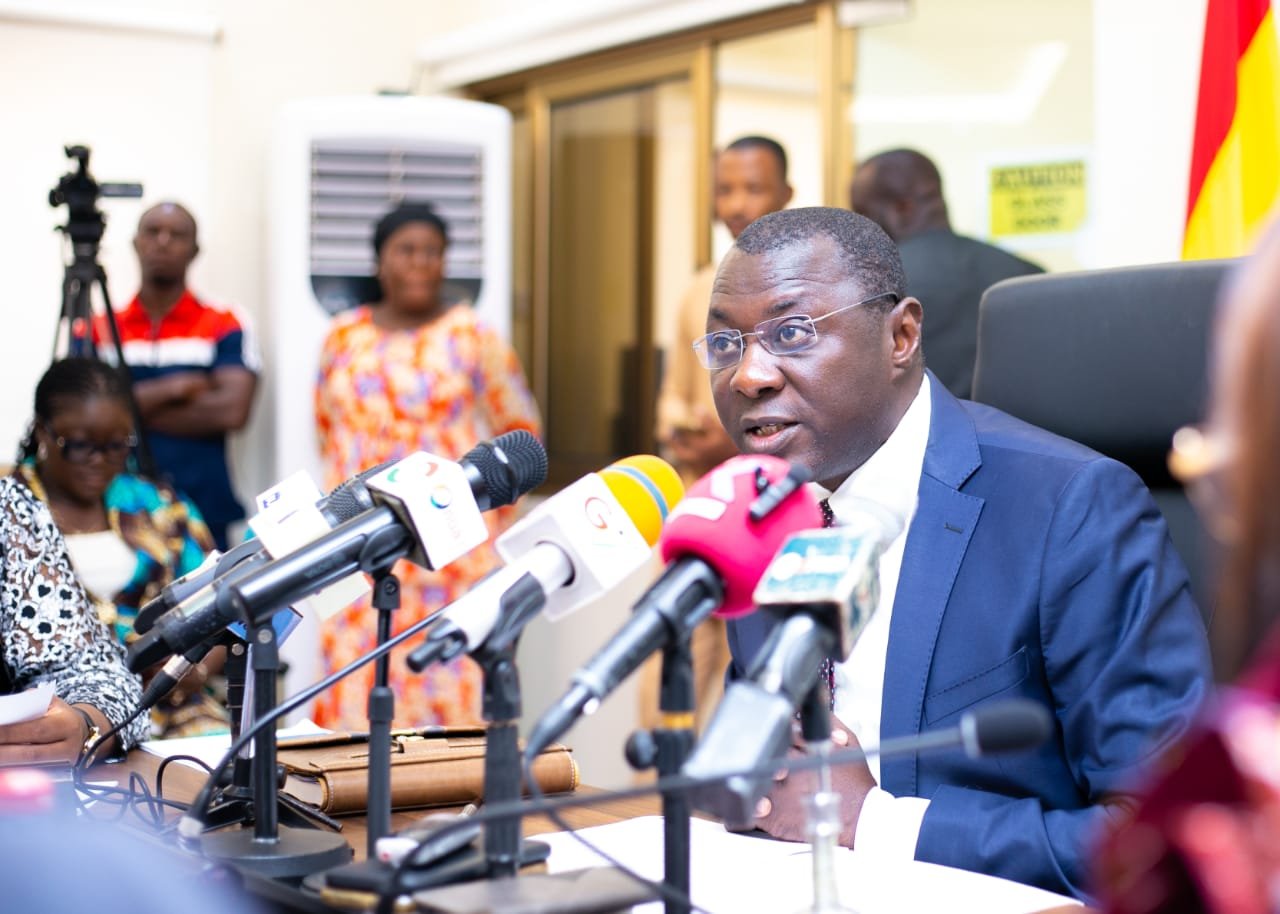
The Finance Minister, Dr. Mohammed Amin Adam, has disclosed that the successful implementation of the Domestic Debt Exchange Programme (DDEP) saved Ghana a staggering $12 billion.
Dr. Amin Adam made these remarks during a panel discussion held as part of the 2024 Annual Meetings of the International Monetary Fund (IMF) and the World Bank Group, which took place on Wednesday, October 23.
The session focused on the difficulties faced by low-income countries in managing debt, a pressing issue for many nations grappling with financial instability, compounded by global economic uncertainties and other external shocks.
The Finance Minister emphasised that the DDEP had been an instrumental policy measure in addressing Ghana’s financial difficulties and alleviating its debt load, creating a more sustainable fiscal environment.
According to Dr. Amin Adam, the DDEP, launched in December 2022, was a monumental success that laid the groundwork for broader debt restructuring efforts.
He explained that this programme required domestic bondholders to exchange their existing bonds for new ones with different terms, a critical move aimed at reducing the government’s debt service obligations.
The Finance Minister also disclosed that the government is currently working to restructure about $2.7 billion with its commercial creditors.
According to him,“The DDEP was a great success and we followed that with the restructuring of our bilateral debt, which was also very successful and this led to a significant savings of about $2.8 billion and then following this, the restructuring of our Eurobonds which is about $13 billion, which was concluded in the first week of this month which is another great success.”
He said,“The benefits we have derived from this so far include an outright debt cancellation of about $5 billion and another debt service relief of about $4.3 billion and so between the bilateral creditors and the Eurobonds, we are talking about savings of about $12 billion and we think this is a great success and we are still having an outstanding restructuring with our commercial creditors involving about $2.7 billion and we are working very hard to conclude that.”
Source: Citinewsroom.com
News
‘Thousands of Ghanaian women suffering from Obstetric Fistula’
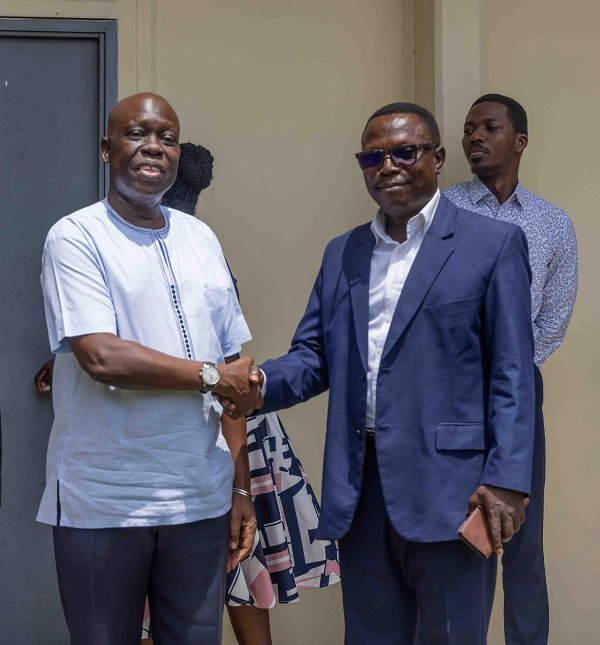
Thousands of Ghanaian women continue to suffer in silence from Obstetric Fistula (OF) due to inadequate access to surgical treatment, the United Nations Population Fund (UNFPA) has revealed.
Dr Wilfred Ochan, UNFPA’s Country Representative, disclosed that over the past decade, Ghana has accumulated a backlog of more than 12,000 untreated cases, despite recording an estimated 1,300 new cases each year.
He made the remarks during a visit to the New Times Corporation (NTC) in Accra to mark the International Day to End Obstetric Fistula (IDEOF).
“Only 1,000 repairs have been done in 10 years. That leaves thousands of women isolated, in pain, and excluded from society due to a condition that is both preventable and treatable,” Dr Ochan said.
He stressed the need for greater investment in surgical capacity, public awareness, and partnership, especially with the private sector— to accelerate Ghana’s efforts to eliminate the condition by 2030.
Obstetric Fistula results from prolonged or obstructed labour without timely medical care, causing a hole between the birth canal and bladder or rectum, leading to continuous leakage of urine or faeces. The consequences include stigma, chronic incontinence, and often, the death of the baby.
To help close the treatment gap, the UNFPA is working with health institutions including the Komfo Anokye and Cape Coast Teaching hospitals to scale up surgeries and outreach.
“We must not allow women to suffer lifelong trauma for simply trying to give life,” Dr Ochan urged.
The Managing Director, Mr Martin Adu-Owusu, pledged NTC’s support in raising public awareness and promoting maternal health initiatives.
“We are ready to collaborate with you to ensure that maternal deaths and issues affecting women come down to the barest minimum so that together we can achieve the UN goal to eliminating Obstetric Fistula by 2030,” he said
By Esinam Jemima Esinam
News
Inflated prices of Abaya, Jalabiya on Eid-al-Adha celebration

Muslims in Ghana and all over the world yesterday observed the Eid-al-Adha celebration.
It falls on the first day of Shawwal, the 10th month of the Islamic calendar and is celebrated by Muslims to mark the end of the month-long dawn-to-dusk fasting of Ramadan.
The build up to yesterday’s edition was characterised by a high demand for traditional Islamic attire here in Tamale, leading to a sharp rise in prices.
Checks by The Spectator from the various markets in the Tamale area revealed that prices for popular outfits like the Abaya, Jalabiya, and Kaftan have skyrocketed within the period.
Although there is no prescribed outfit for the celebration, many Muslims in Tamale traditionally choose modest and loose-fitting garments that reflect Islamic values.
Abayas and Jalabiyas often imported from Turkey, Dubai, Egypt, and Northern Nigeria have become particularly the most sought-after attires, resulting in the price hikes.
Currently, prices for men’s attire range from GH₵250 to GH₵800 while women’s outfits are selling from GH₵350 to GH₵1000.
Children’s garments are also not left out of the pricing craze. Bargaining for the youngsters starts from GH₵150.
Hajia Naila Abdul Karim, owner of ‘Cover with Style,’ confirmed a significant surge in sales in the holy month.
“Each day, more than 20 people, mostly women walk into the shop. We also send over 40 parcels daily to customers across the country,” she stated.
She attributed the price increases to the cedi’s depreciation and a recent shortage of Turkish imports, noting that most of her stock now comes from Dubai.
Hamdia Kamil, a loyal customer, shared her experience: “Two years ago, I bought an Abaya for GH₵350. This year, it’s GH₵650. I had no choice because it’s a special occasion and I want to feel good. Still, I hope the dresses are made affordable so others can also celebrate in style.”
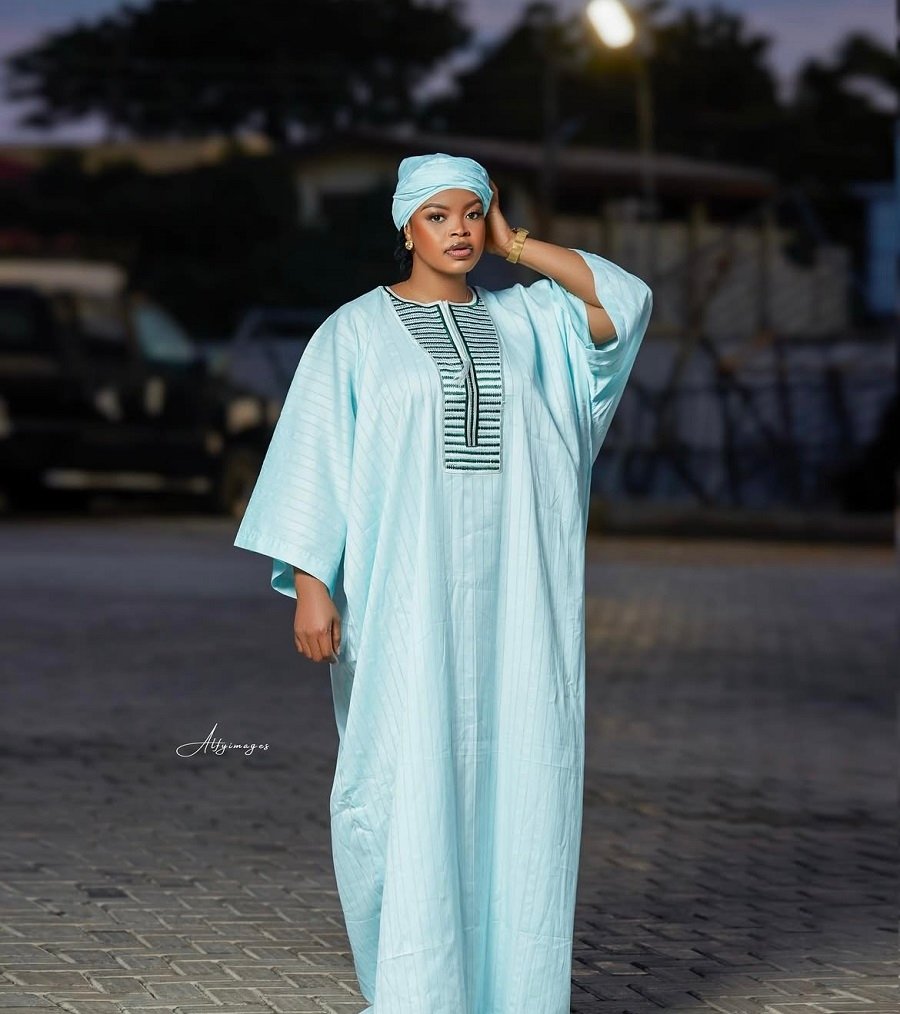
At Baby Last Closet in Sakasaka, another fashion outlet, prices for women’s outfits range from GH₵350 to GH₵1,300, while men’s attire goes from GH₵250 to GH₵1,000.
“Some customers complain about the cost, but because it’s Ramadan, many still go ahead and buy,” said the shop owner.
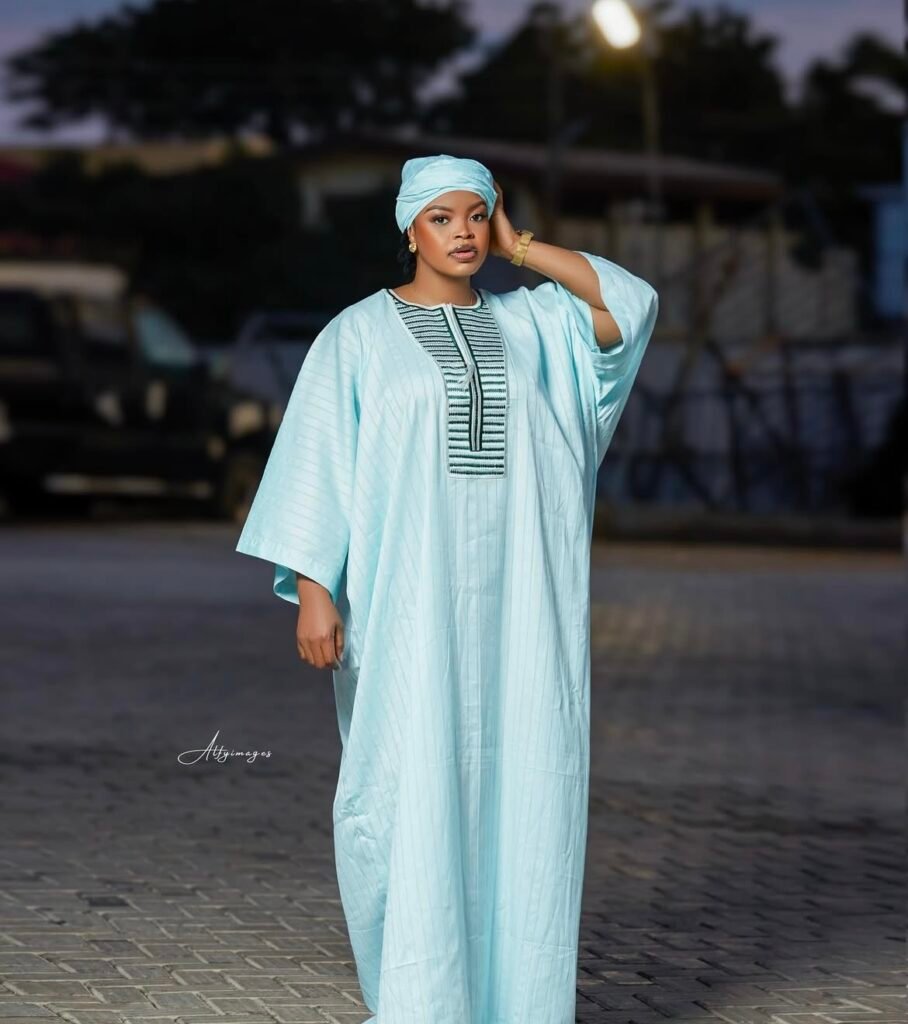
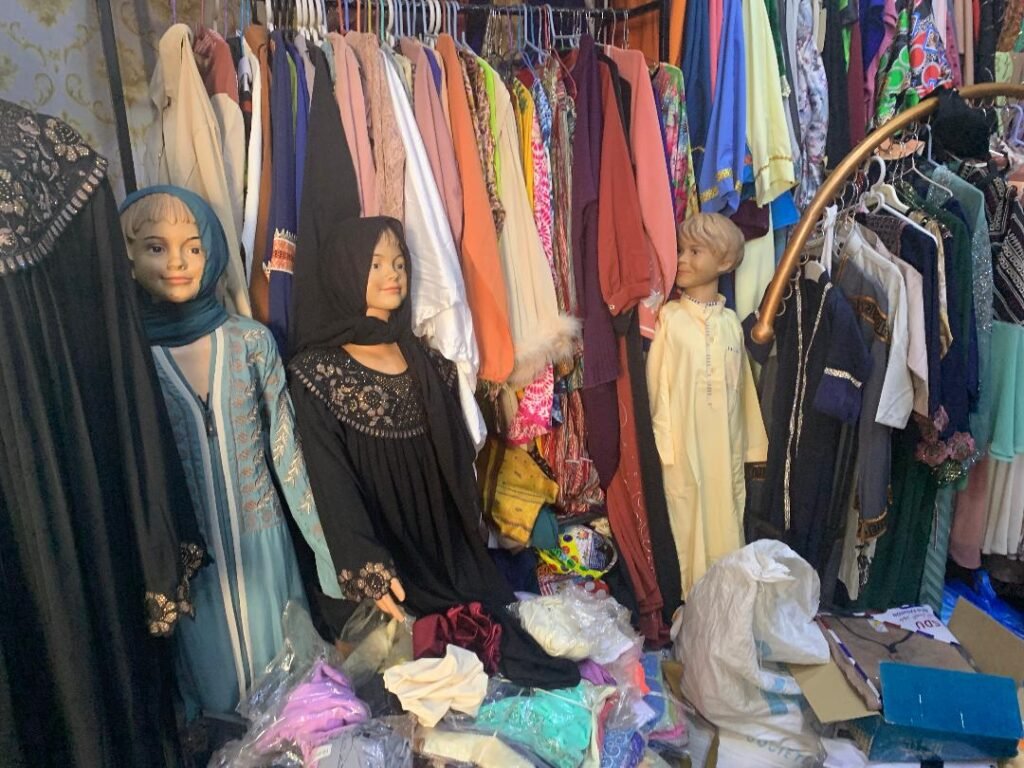
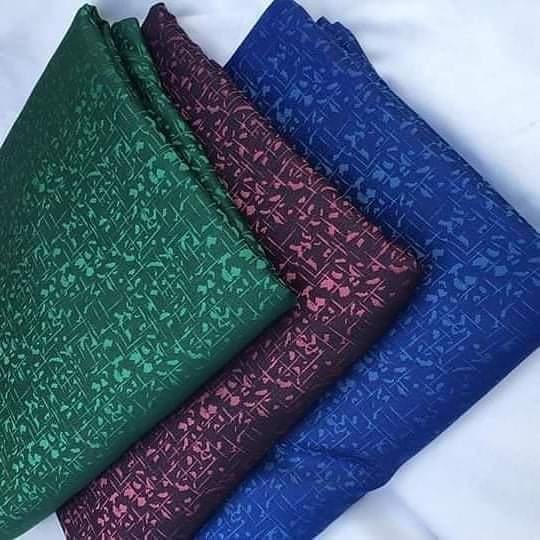
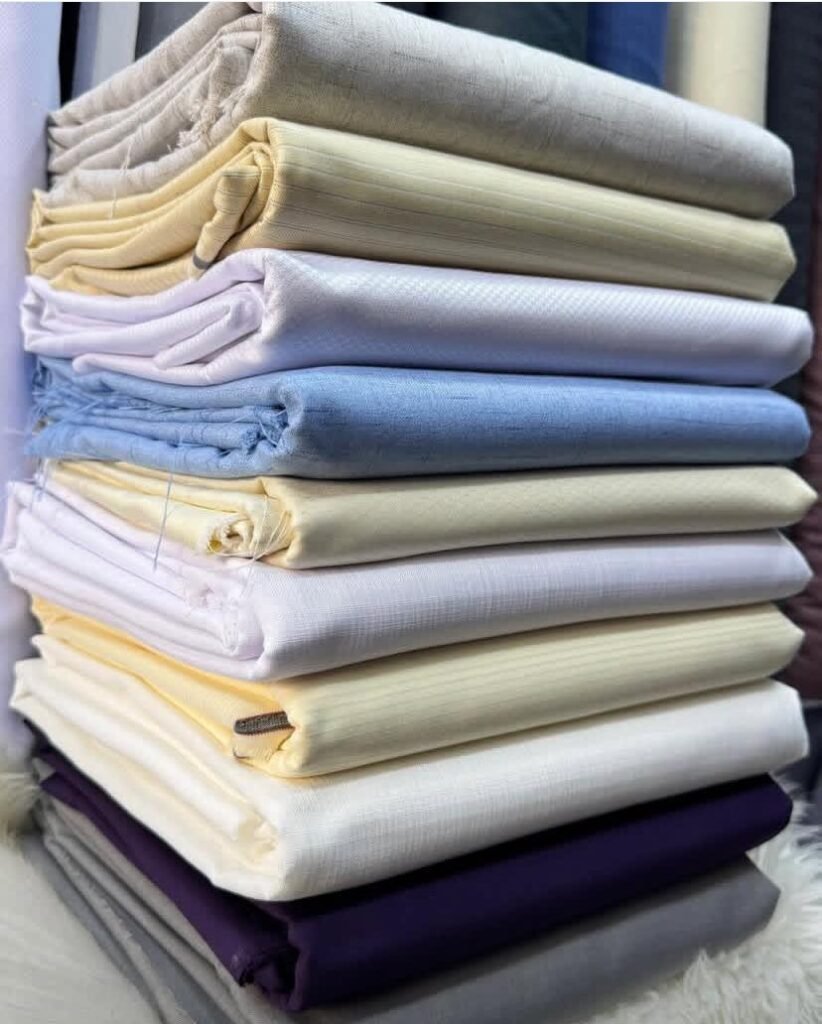

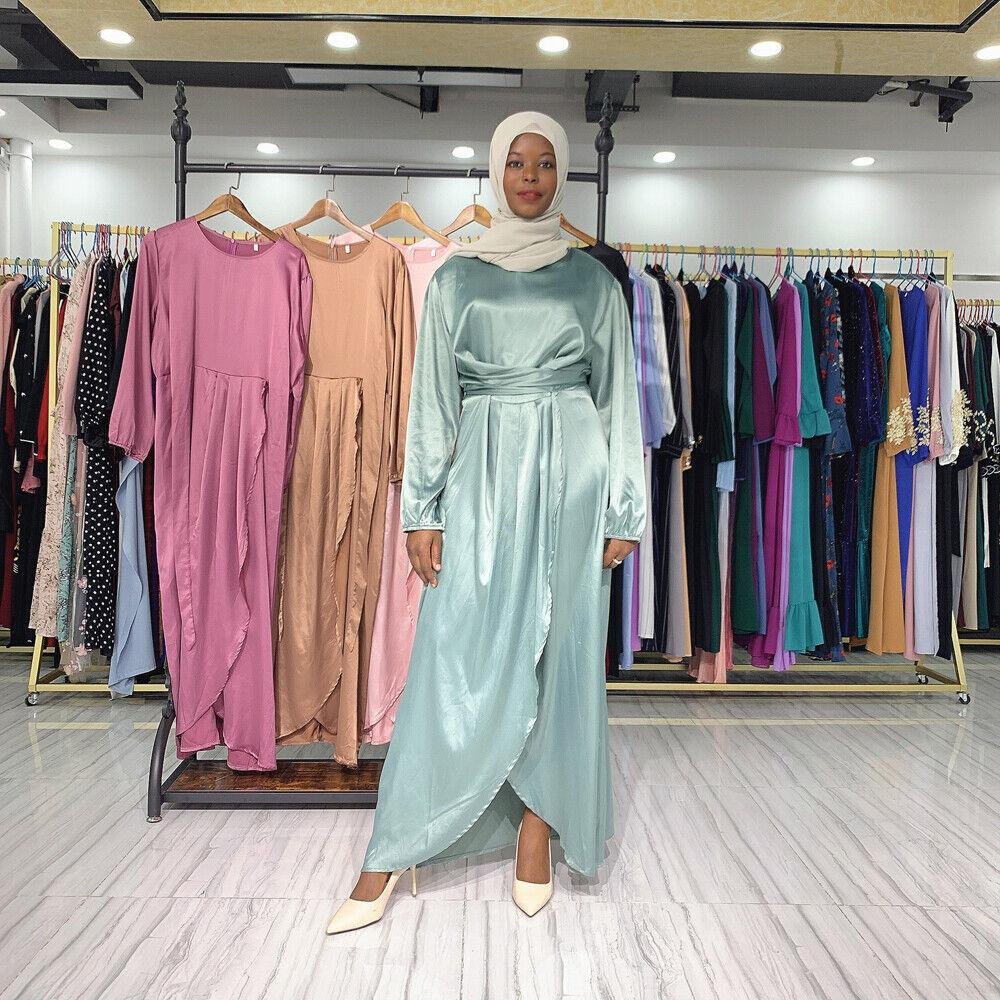
Similarly, Mandy’s Haven at Zogbeli sells exclusively for Eid celebrations, dealing in high-end Abayas, Jalabiyas, and Kaftan materials. Prices there reflect quality and origin, with female attire ranging from GH₵450 to GH₵5,000, and kaftan fabric sold at GH₵200 per yard.
For many, including resident Iddrisu Suale, the holy month remains a sacred period despite the economic pressures. “Things are expensive this year, but I still want to make the day special for my children. I plan to get them Abayas and Jalabiyas from Egypt,” he indicated.
Despite the bustling nature of preparation and the high cost of goods, resident expressed optimism of having a good time in observing the deep spiritual significance of the occasion.
Story & photos by Paul Dery








